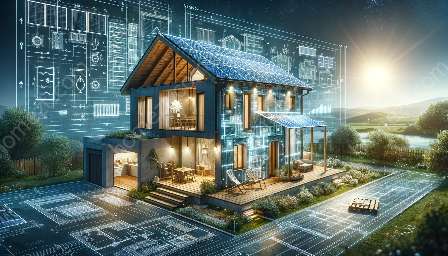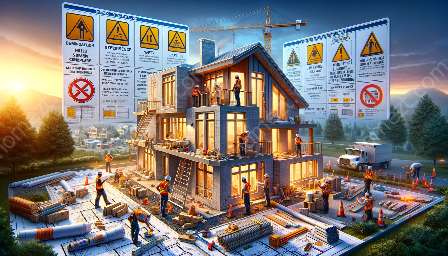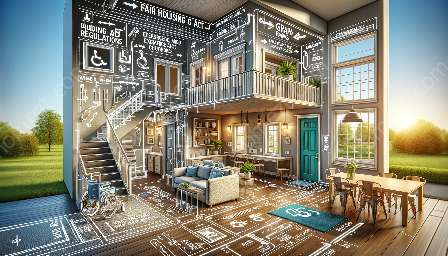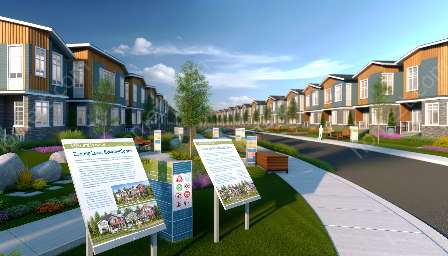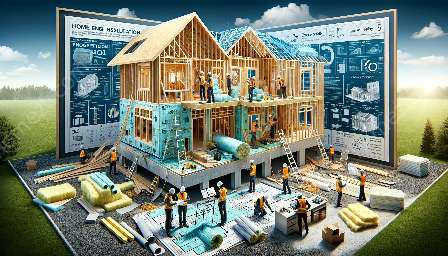When it comes to constructing or renovating a home, ensuring energy efficiency and meeting building codes while maintaining safety and security are top priorities. One crucial aspect of this process is the installation of proper insulation and adherence to energy efficiency codes. In this topic cluster, we will delve into the significance of insulation in relation to energy efficiency codes, how they align with home building codes and safety regulations, and their impact on home safety and security.
Understanding Insulation and Energy Efficiency Codes
Insulation is a key component for maintaining energy efficiency in a home. It helps regulate indoor temperature by reducing heat flow, thereby minimizing the need for heating and cooling systems and lowering energy consumption. Energy efficiency codes set specific standards and requirements for insulation installation, ensuring that homes are built or renovated to be more environmentally friendly and energy-efficient, ultimately reducing carbon footprints.
Compatibility with Home Building Codes and Safety Regulations
Home building codes and safety regulations encompass various standards and guidelines aimed at safeguarding occupants and the structural integrity of the building. Insulation and energy efficiency codes go hand in hand with these regulations, as they contribute to creating a safe and secure living environment. Proper insulation helps prevent issues such as moisture buildup and mold, which can compromise the structural integrity of a home, and also aids in reducing fire hazards.
The Impact on Home Safety & Security
Insulation and energy efficiency directly impact home safety and security. Adequate insulation, when installed in compliance with energy efficiency codes, enhances fire resistance, minimizes the risk of electrical hazards, and mitigates the spread of potential hazards like smoke and harmful fumes. Additionally, proper insulation contributes to a comfortable indoor environment, promoting the well-being of occupants and adding an extra layer of security.
Conclusion
Insulation and energy efficiency codes play a vital role in home building, ensuring not only energy conservation but also the safety and security of occupants. By aligning with home building codes and safety regulations, proper insulation can effectively contribute to creating sustainable, safe, and secure homes. As technology advances, it is essential to stay informed and compliant with the latest insulation and energy efficiency codes to protect the environment and the well-being of individuals and families in their homes.









